All cloud-based products will come to an end
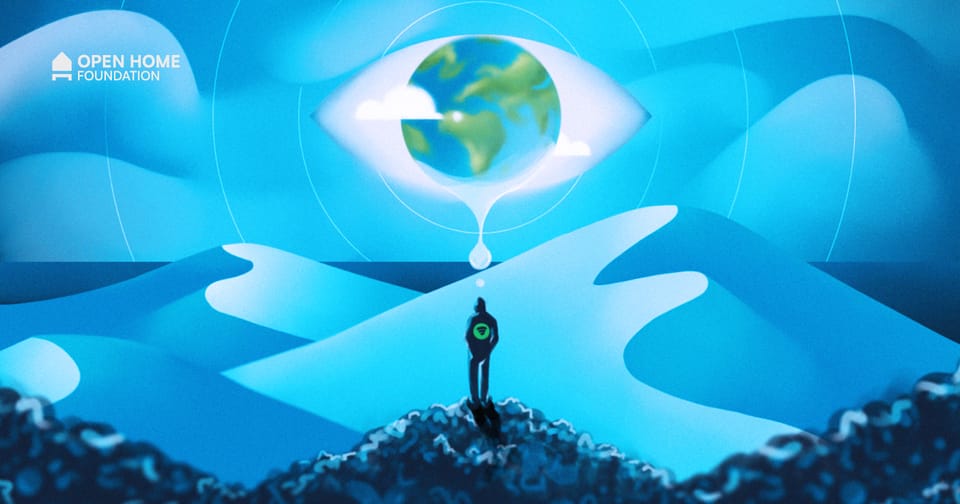
Welcome to the May edition of the Open Home Foundation newsletter, the place to learn about the latest and greatest things for your smart home that improve its privacy, choice, and sustainability.
The newsletter is written by Paulus Schoutsen, president of the Open Home Foundation and founder of Home Assistant and Nabu Casa. Was this email forwarded to you? Subscribe here!
Hello friends! This is the 2nd edition of the newsletter as part of the brand new Open Home Foundation. Did you tell your friends about it yet?
The launch went very well, but that's just the start. Now it's time we deliver on our promises and presented roadmap. The community is working on so many cool things; the future is bright.
Sadly, this last month, we saw examples of the exact reasons why we fight for the things that we do.
How not to phase out cloud-based products
In 2022, Spotify released Car Thing, a tiny gadget for controlling Spotify in your car. Six months after launch, they decided to stop making them but didn't stop selling them. Fast-forward to last week when Spotify announced that the device would be discontinued and soon cease functioning. They also released a FAQ that suggests they should just be thrown away.
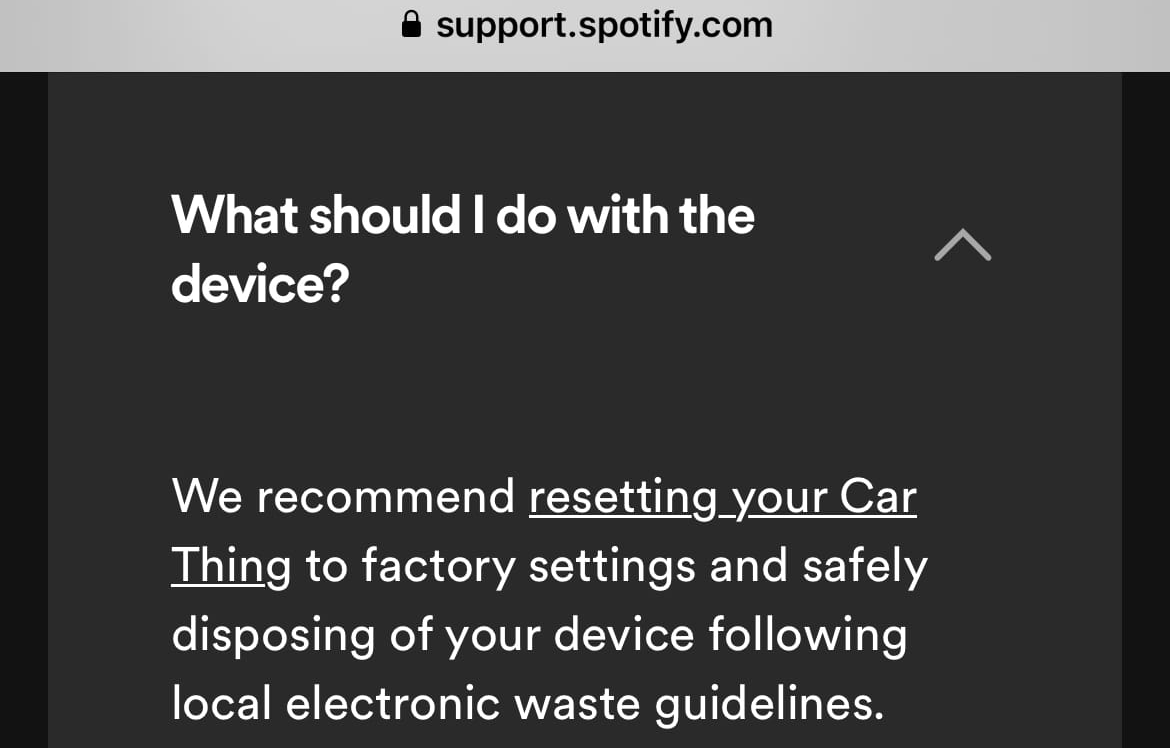
Let's be clear here: There is nothing wrong with the hardware. There is everything wrong with Spotify. They ran an experiment with building a connected product, and the planet and their users are paying for it.
There is an easy way for Spotify to avoid their Car Thing going to waste, which users are requesting: unlock it and let it run open source software. Of course, the community has already shown it is capable of being more than a brick.
Spotify isn't some small operation, and considering this is their first foray into hardware, you'd think they would put more effort into a graceful exit for this product. It's disgraceful that they are not offering any options to their loyal users other than tips on how to throw it out. Below are some smaller organizations showing a better way to sunset the services their hardware relies on.
Cloud-based products after bankruptcy
Last month, smart home company Loqed filed for bankruptcy, and immediately after that, the company behind Slide shut down.
Loqed, a former smart lock maker, transferred their cloud operations into a foundation that will continue to run their cloud. Its Home Assistant integration communicates locally with the lock but relies on the cloud for tokens. I wouldn't bet on it as a long-term solution, but at least your locks won't stop working right away.
Slide, a former smart curtains company, pushed a final app update to enable a local API, before shutting down. With Home Assistant, we had a cloud-based integration, but the community is working on transitioning to this local API.
We shouldn't have to wait for a business to be near closure to get a local API, nor is it ideal to have the cloud so integral to a device's operation that a foundation needs to be set up to keep it working. We should still celebrate companies putting in the effort even if it's a bit last minute... unlike other brands just turning off their servers when they fold overnight or the new owners stop caring.
When you buy a cloud-based product, there is always risk. It's not a question if it stops working, but when. With the Open Home Foundation, we recommend products that work locally, preferably using open standards (see our buying guide).
A company running out of money, or one that simply stops caring, shouldn't force anyone to replace their curtains, locks, or whatever that Spotify thing was supposed to do.
Home Assistant 2024.5
The last two releases were huge, and though this release was a bit smaller, it was still epic.
It included more organizational features that build on top of our already great labels, sections, and sorting. Including more grouping options, a way to select and assign multiple items, and best of all Home Assistant remembers how you last organized a page. Check out our new video showcasing these organization features,
Also, in this release we added creating helpers from the automations editor, a lock tile card, and improved audio for ESPHome Assist.

Z-Wave is not dead
Nabu Casa sent three people (me included) to attend the Z-Wave Alliance member meeting in Austin, Texas. It was the first meeting since they became a member.
I was able to get the keynote speaking slot, and we came with a mission to share why we think Z-Wave needs to open up. I introduced the work we’ve been doing with Home Assistant, Z-Wave JS, and the Open Home Foundation. I also shared that, according to our opt-in analytics, roughly 1.7 million Z-Wave devices are being used in Home Assistant.
Its current use and the new interest in Z-Wave JS was great, and another reason why we're working on certification. We also took the chance to test our upcoming Z-Wave stick, both seeing how it works with devices and its range - in testing it communicated line of sight over 0.7 mile (1.13 km)!
Meeting Alliance members, I can see they are enthusiastic about the future, but it’s the community that will drive the next chapter of Z-Wave. Further opening Z-Wave will empower both the vendors and the community.

Interview with Smart Home Solver
I was interviewed by Smart Home Solver, and we discussed the approaches being taken to make Home Assistant easier to use. We also talked about what the future could bring with a smart home that anticipates more, or how we're exploring the use of local AI and its current limitations.
He thinks Home Assistant is the smart home of the future - and I may be biased but he's right!
Community highlights
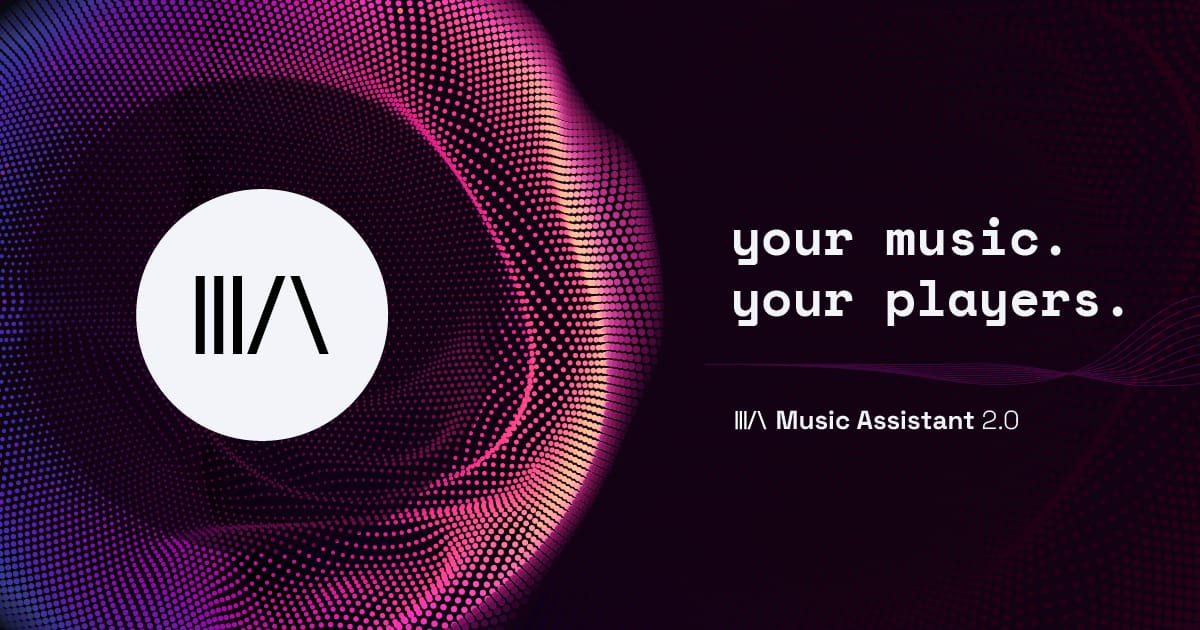
Music Assistant reaches v2.0
Music Assistant recently had a big release, reaching version 2 with some big improvements. Just like Home Assistant centralizes all your devices and services to work together. Music Assistant does the same, letting you stream popular music services and local files to all sorts of speakers.
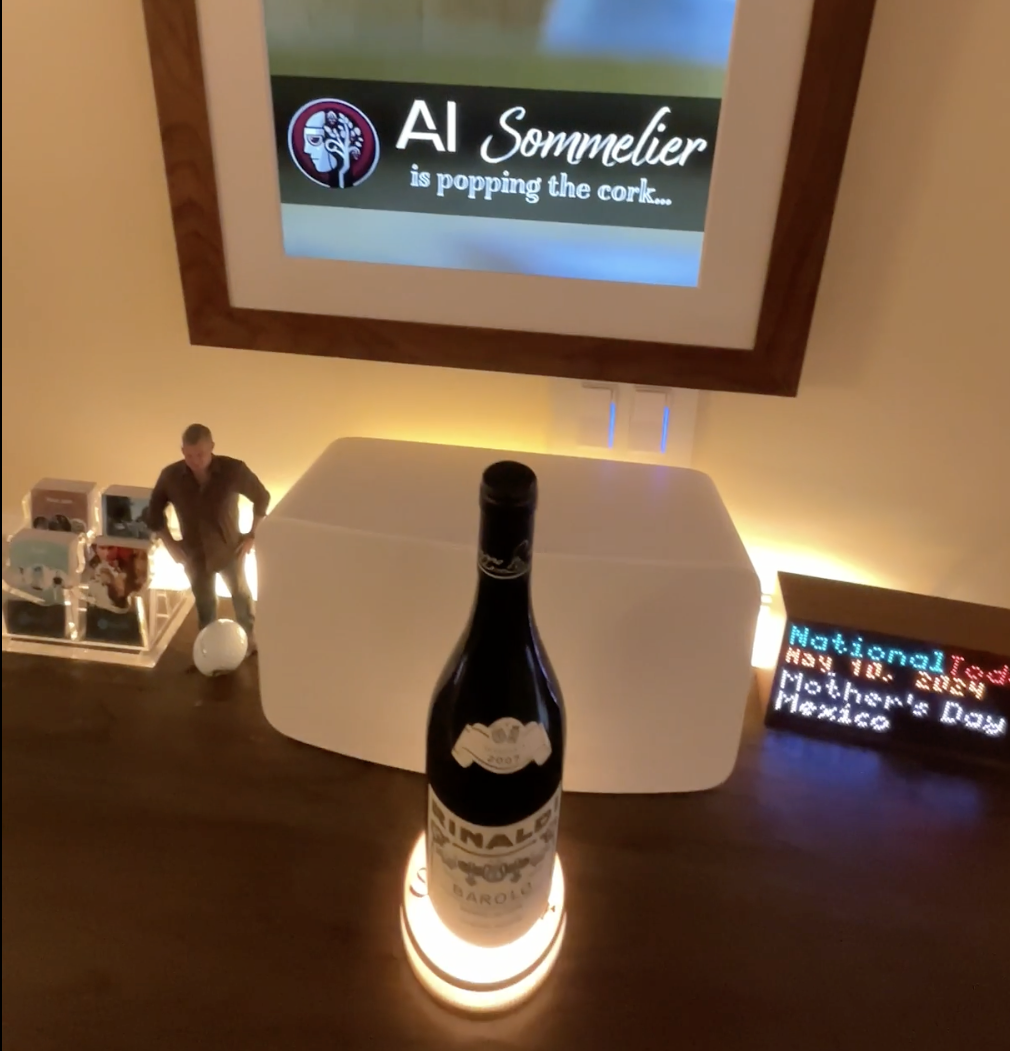
Pop the cork with an AI sommelier
u/az116 self-proclaimed "unnecessary home automation of the day", a Home Assistant integrated AI Powered Wine Sommelier.
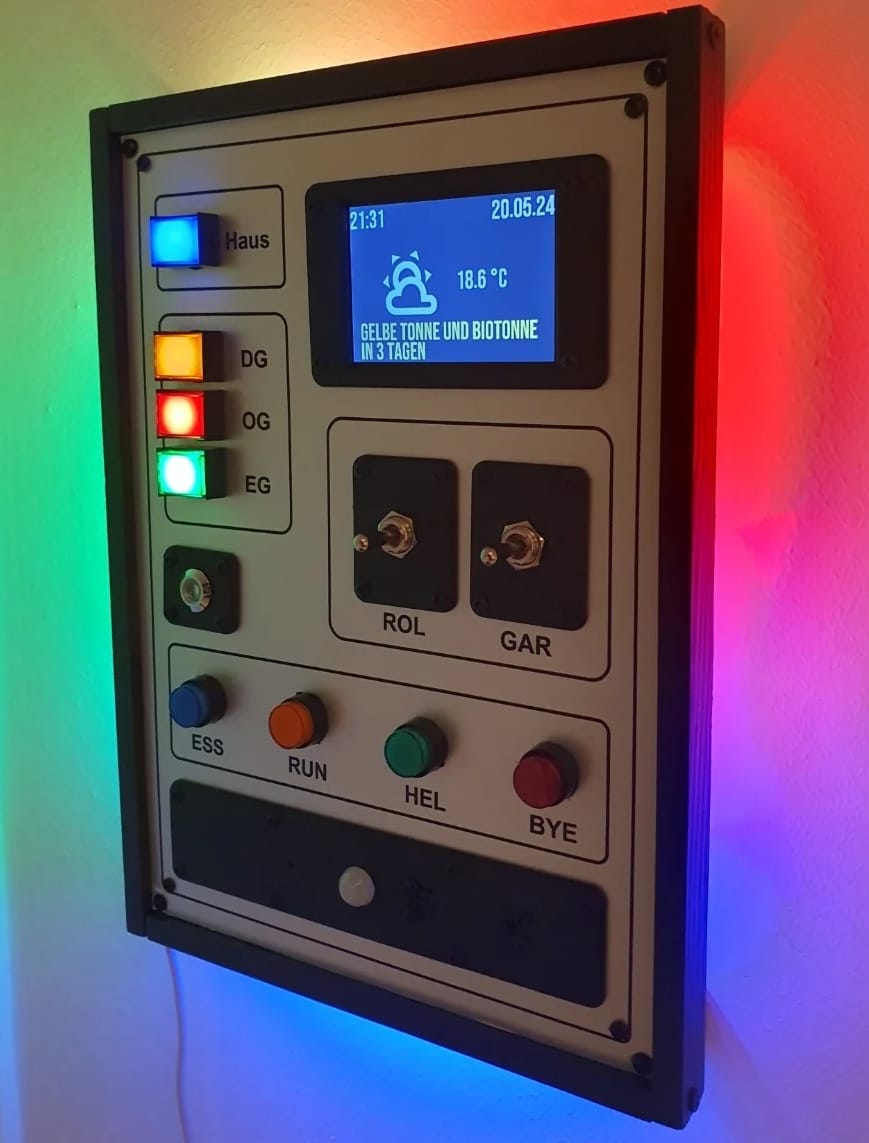
Ditch the touchscreen for physical controls
Here is a super cool physical dashboard by u/aLurchi, it has illuminated buttons, sensors, and even a screen... and of course it's powered by ESPHome.
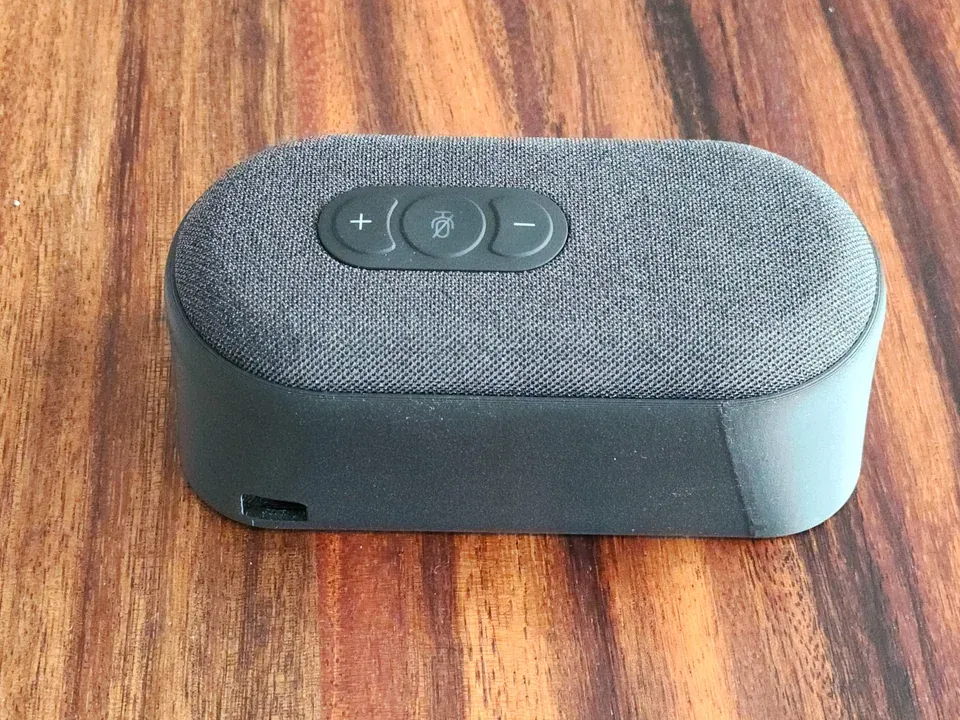
3D printable voice assistant case
u/Ok-Nefariousness8699 has made a really nice looking 3D Printable Case for RPi Voice Assistant.
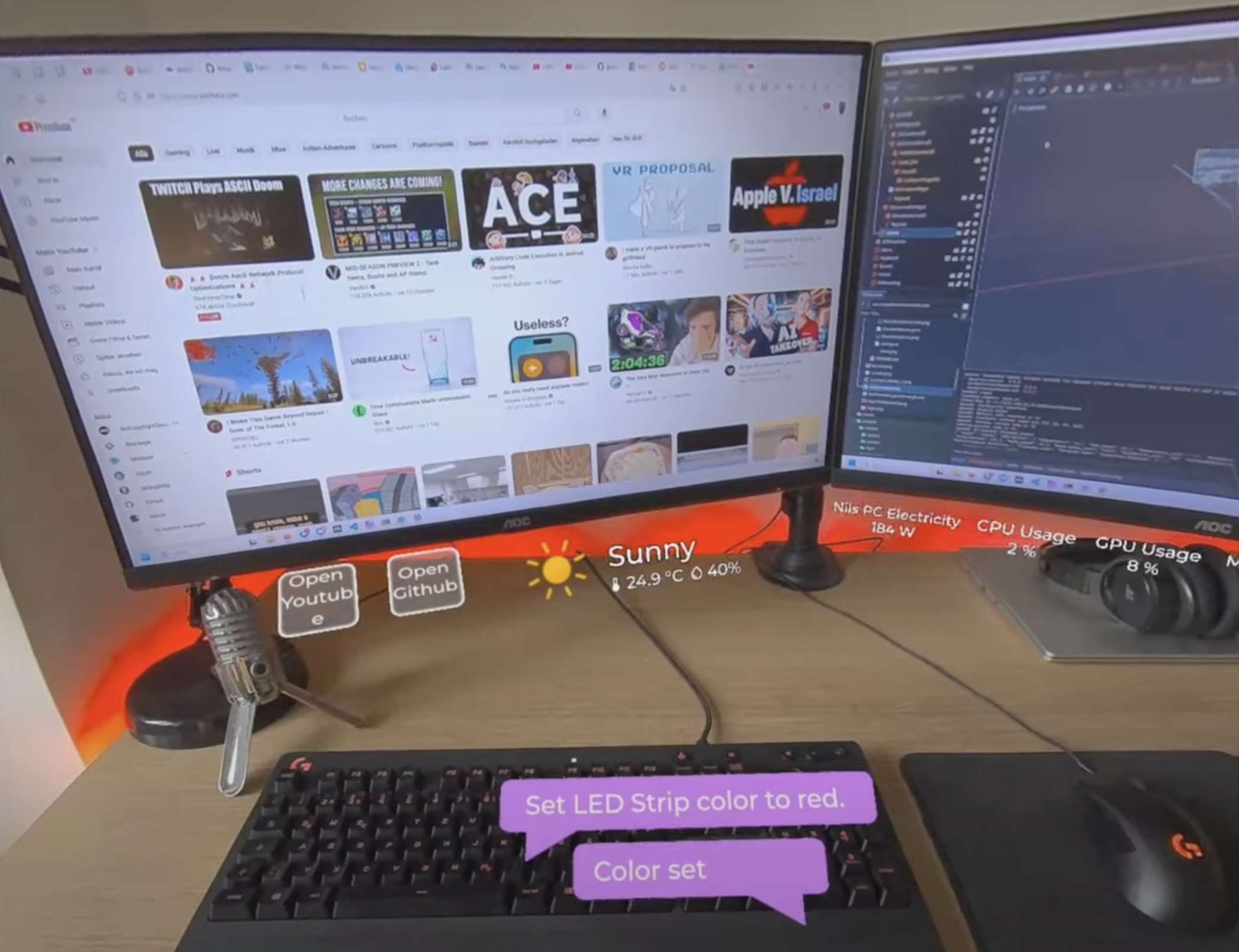
Mixed reality smart home
u/Nitwel1 continues to work on his mixed reality interface for Home Assistant via his Oculus Quest 3 - a real vision of the smart home future! Check out this full video.
Other highlights
- The strangest data our community is collecting - reddit
- A grow tent control box - Discord
- Miles Eftos blueprint to ask voice the best time to turn on appliances - Mastodon
In other news
- UK outlaws awful default passwords on connected devices. Yes, this is awesome. More of this please. (Kevin Purdy, ArsTechnica)
- Amazon plans to give Alexa an AI overhaul — and a monthly subscription price. Can you imagine this thing hallucinating products into your next Amazon order? I sure can. (Kate Rooney, CNBC)
- Google opens up its smart home to everyone and will make Google TVs home hubs. Instead of going all-in on Matter, Google is adding an API to control their non-Matter devices and all Matter devices that are paired with them. Hmm. (Jennifer Pattison Tuohy, Verge)
- PayPal is building an ad network based on your Venmo data Evidence #2032113 that if you are not paying for the product or the ongoing cloud costs, you are the product. (Emma Roth, Verge)
Enjoy this newsletter?
Forward to a friend, sharing is caring.
Anything else? Hit reply to send us feedback or say hello. We read everything!


